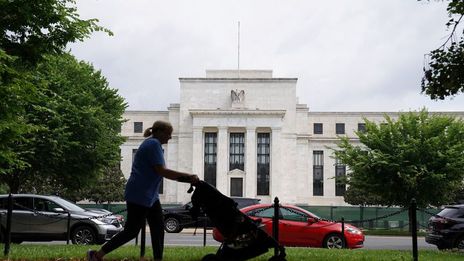By Chuck Mikolajczak
Investors shrugged off the disappointing data as they looked ahead to President-elect Barack Obama's proposed economic plan, which would include the largest U.S. infrastructure investment since the 1950s.
"Investors are feeling more comfortable that the worst is behind us," said Bucky Hellwig, senior vice president at Morgan Asset Management in Birmingham, Alabama.
"The thinking is that (the market) is at a trough, therefore with the stimulus being talked about -- whether it's tax cuts, increased spending or monetary stimulus on the part of the Fed, that's all a positive."
The Dow Jones industrial average <.DJI> was up 52.17 points, or 0.58 percent, to 9,005.06. The Standard & Poor's 500 Index <.SPX> added 7.57 points, or 0.82 percent, to 935.02. The Nasdaq Composite Index <.IXIC> gained 24.37 points, or 1.50 percent, to 1,652.40.
Tech shares, which are seen as better prepared to weather the current economic downturn due to large cash reserves, were a bright spot. International Business Machines Corp
However, after initially pushing the Nasdaq higher in the wake of an Oppenheimer & Co upgrade, shares of Apple Inc
Shares of the iPhone maker fell 1.5 percent to $93.15.
Oil prices were off earlier highs but remained near $49 a barrel, pushing energy shares higher. Chevron
Still, weaker-than-expected new orders received by U.S. factories in November and a seven-year low in pending home sales for that month spurred concerns about mounting job losses and the deepening U.S. recession.
Microsoft
(Editing by James Dalgleish)

 By
By 





















